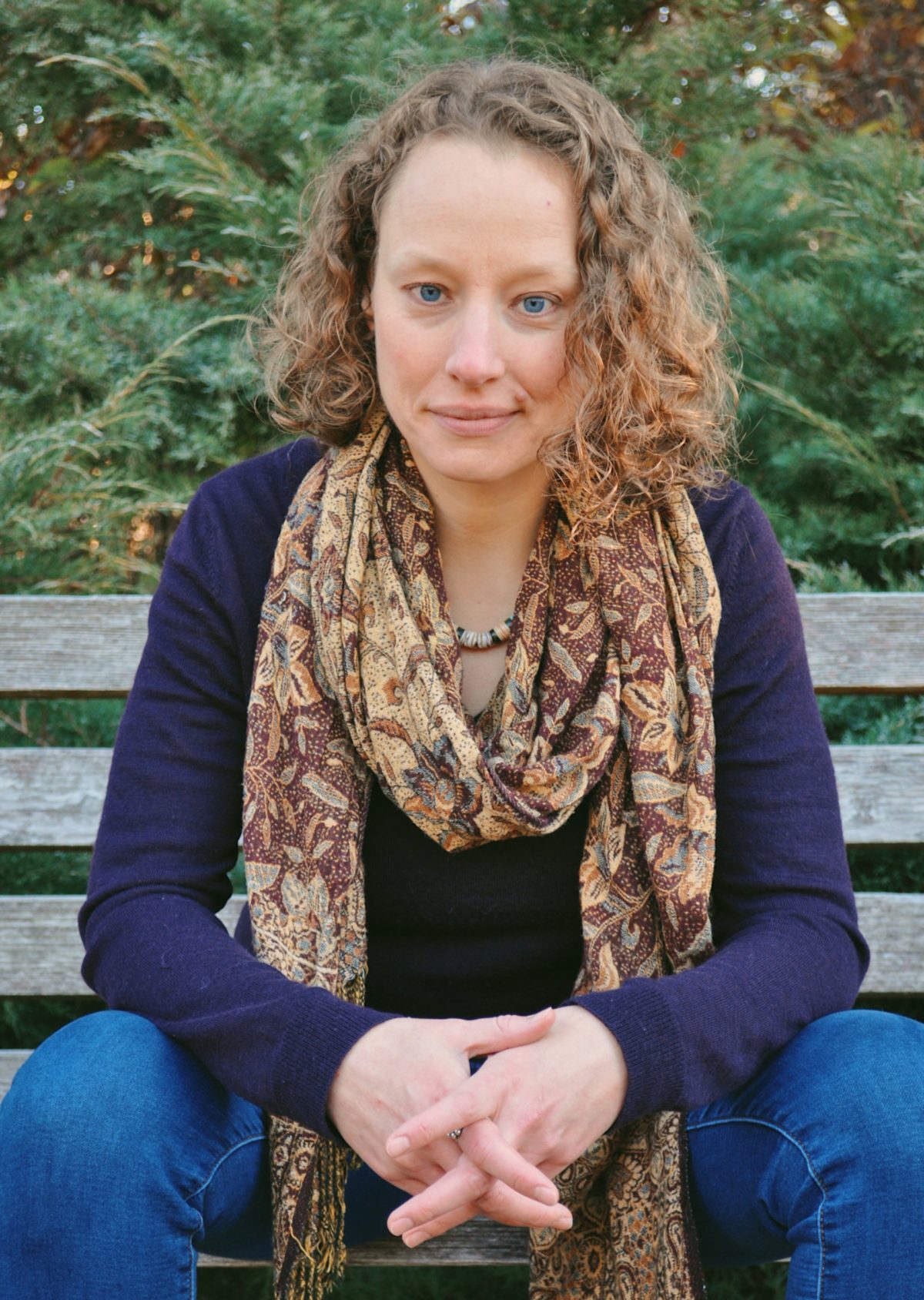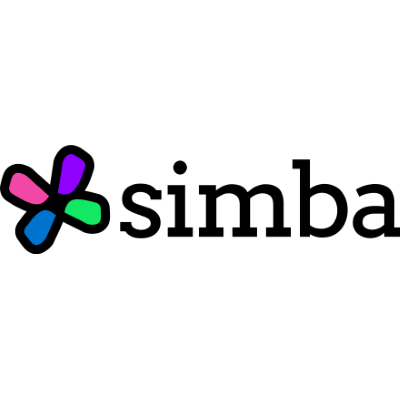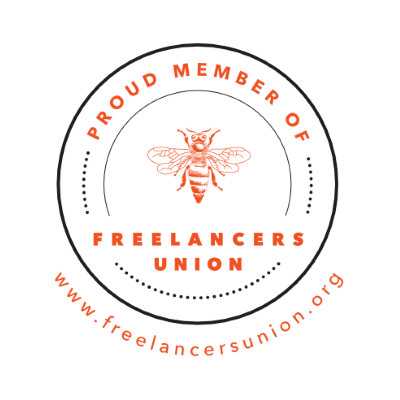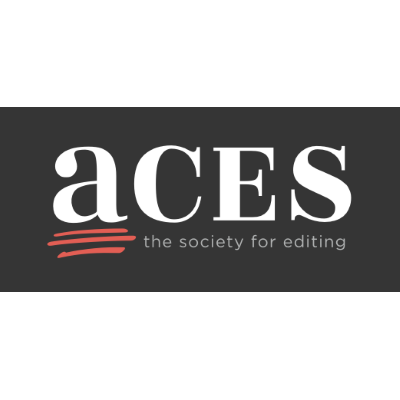About Sarah Peterson

Sarah Peterson has 18 years of professional experience as a writer, editor, and communicator. She has been working independently since 2012, and she organized her business, S Peterson Consulting, in 2017.
Prior to this, Sarah spent 7 years working as a communications specialist for a federal contractor. Her roles included technical writer and editor, project manager for federal contracts, content designer for web and print, and, finally, the company’s Senior Writer and supervisor of a team of writers and editors.
Sarah has learned and practiced collaborating in diverse, cross-discipline teams. She works closely with graphic designers and web programmers to create web and print pieces with a unified message and vision. She also has extensive experience as liaison to subject matter experts on highly technical projects, helping to communicate complex topics in plain language.
Sarah has experience in grants and proposals as a business development strategy. She wrote her first successful 5-figure grant application for an anti-poverty nonprofit at 23 years old. Since then, she has worked with nonprofits on grants-based business development and has helped companies develop their federal/state proposals strategy from scratch.
Sarah’s graduate degree is a Master of Divinity (M.Div.) from Earlham School of Religion, a Religious Society of Friends (Quaker) school in Richmond, Indiana. Her emphasis of study was Writing as Ministry—a unique program combining writing with theology and spiritual practice. As an undergraduate, she studied political science, English, and women’s studies at Gonzaga University in Spokane, Washington.
My Priorities
In most writing and editing cases I encounter, the best writing comes from solid thinking. Grant proposals present an argument about how your project will achieve desirable outcomes and navigate challenges along the way. Academic articles use texts or field research to support logically structured conclusions. Marketing writing tells a believable story about how products meet people’s needs.
When I work on projects with my clients, I seek to understand their areas of expertise, their customers, the people they serve—their world. I put in the time and empathy to understand the work they do, and the resulting writing we do together is stronger. If answers to questions of logic or story in a client’s world aren’t clear, I raise the questions again. We explore them together to discover the answers that are necessary for a writing project to be complete and persuasive.
From my years working for the federal government, I retain a strong interest in plain language, which I encountered in the federal plain language standards. It’s true—the federal government has laws and policies requiring their communications to be clear, so that the public can understand and use them. It’s a valuable and good-spirited effort on their part, even if we know from experience that government language still needs to be simpler and clearer.
One of the biggest surprises in my career has been seeing how strenuously authors resist the idea that their writing should be readable and understandable. Often, my job has been to persuade them—or show them, as I edit and rewrite documents—that writing can be clear, logical, and readable, and still be accurate and technically complex.
Plain language also means being aware of your audience, and picking words and ideas that they understand and relate to, and avoiding terms and concepts that have no connection to their world. There are so many ways that words and language are used to exclude people and groups and to hide the truth, instead of being honest and direct. It’s important that we choose to say what’s true, and we do the work necessary to say it as clearly as we can. This is plain language.
I continue to be influenced in my work by my graduate M.Div. degree in Writing as Ministry. I see listening and truth-telling as spiritual practices, and they ground my work.
Working Independently
I am a freelancer and an entrepreneur, and I am proud to work independently and to own my own business. Because I am independent, my primary allegiance is to the needs of my clients and the quality of my work.
I turn down work if I will not be a good fit for a client or a project. If I am not the best writer or editor for you, I tell you this early. I make referrals to other writers and editors in my network that will better meet your needs.
As a business owner, I enjoy working with other business owners to think strategically about what their businesses need to succeed, and how communications products can contribute to businesses growth and successes. I am particularly interested in how business can be a force for good in the communities we share.
Memberships & Professional Associations
Along with all that I value about being independent, I also believe in the power of people organized together. It is important to me to claim membership in the communities I identify with and to “pay my dues,” in a literal and figurative sense, in the communities I belong to. These are my professional memberships.





